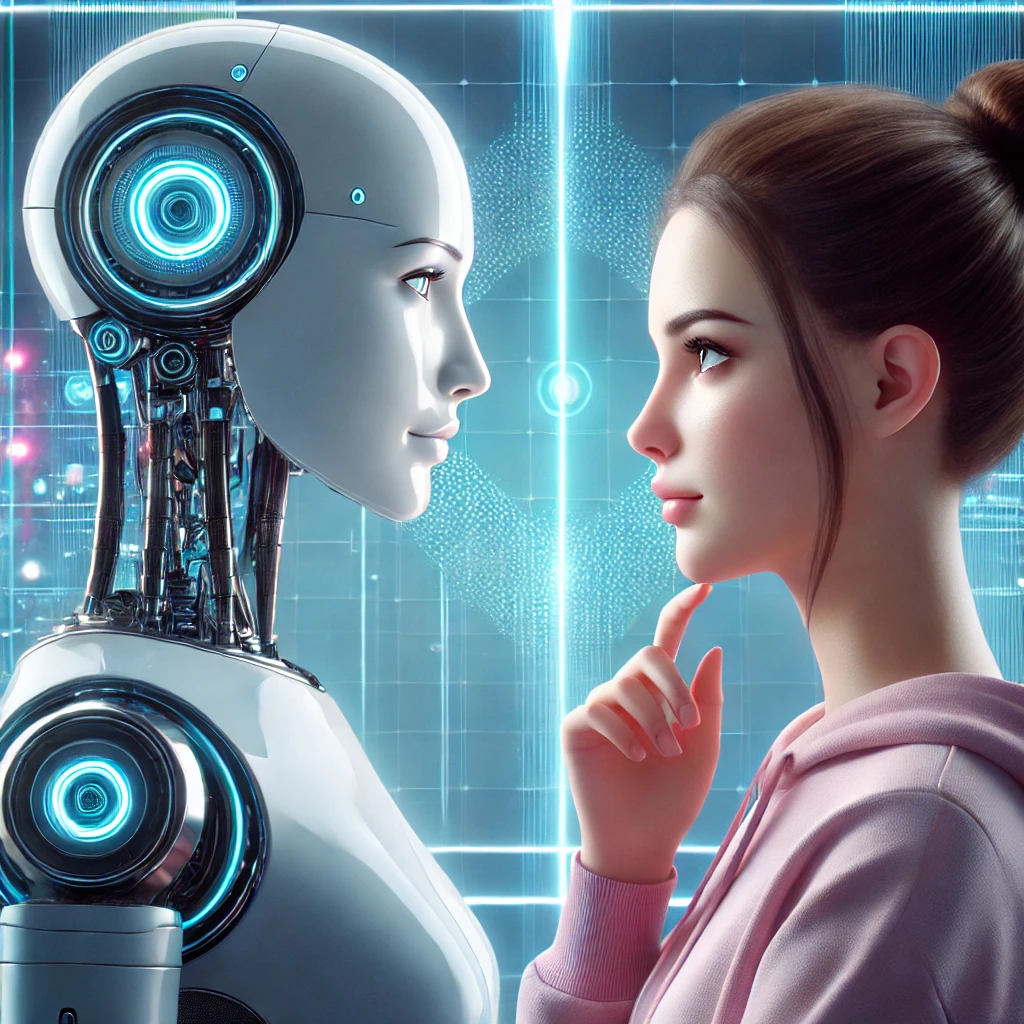Is AI a Threat to Humanity?

AI Doesn’t Have an Ego, But We Do
Let’s clear something up right away—AI is not plotting to take over the world. It doesn’t wake up every morning (or ever) thinking, “How can I outsmart humans today?” Unlike us, AI has no ego, no personal ambitions, no fear, and no drive for dominance.
The fear of rogue AI rising against humans? That’s mostly a sci-fi relic from the 1960s and beyond—stories shaped by our own fears, not by reality. The real danger isn’t AI itself but what humans do with it. AI is just a tool—one that can either serve us or amplify our worst tendencies.
AI: A Mirror, Not a Mastermi
Throughout history, every powerful tool has reflected the nature of the people wielding it. Fire, the printing press, the internet—each could be used for creation or destruction. AI is no different.
What AI does best is magnify human actions and intentions. Give it good data and ethical guidance, and it can solve complex problems, drive innovation, and make life easier. But feed it greed, deception, and manipulation, and it can be weaponized for disinformation, surveillance, and power plays.
This is where the real concern lies. AI isn’t out to get us—it’s amplifying us. And the bigger question is: are we responsible enough to handle that power?
The Hidden Cost: Our Time and Attention
AI, like all things material, demands something in return—our time, energy, and mental space. Just because something can be automated doesn’t mean it should be. The more we integrate AI into our lives, the more we need to ask:
- Does this serve my growth and well-being?
- Is this tool freeing me or making me more dependent?
- Am I using AI, or is AI using me?
Technology is only as valuable as the purpose behind it. If AI distracts us from what truly matters—connection, purpose, and real intelligence (the wisdom to make good choices)—then it becomes a subtle thief of our time rather than an ally.
The Real Question: Who’s in Control?
AI won’t take over because it wants to—because it doesn’t want anything. But as with anything powerful, the direction it takes depends on the hands that shape it.
Perhaps the real wonder of AI is not in what it can do, but in what it reveals about us. If it magnifies our actions, then every new breakthrough is a mirror showing us a little more of ourselves. What do we see? What do we value? Where does our attention go?
In the end, AI—like any tool, any system, any creation—is another step in the journey of human choice. And as always, the path ahead isn’t about AI’s nature, but about our own.
